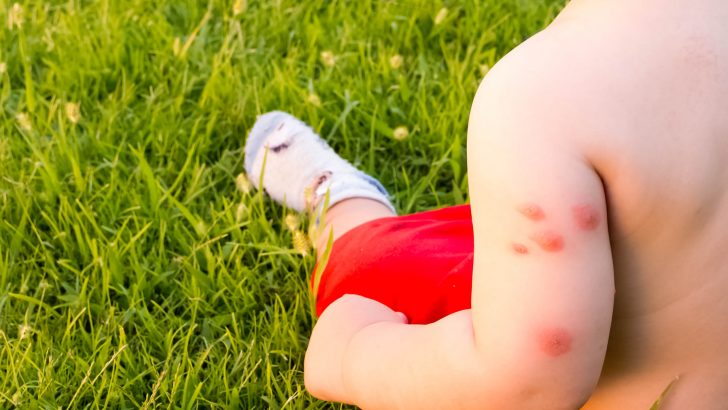Most people hate mosquito bites, and it’s always worse when you see it on a baby. Babies are so small, soft, fragile, and helpless. But, there is a way to prevent mosquito bites.
There is also a way to help the babies after a mosquito bite. This article will help you to become a great fighter against the awful mosquitos.
How To Avoid Mosquito Bites?
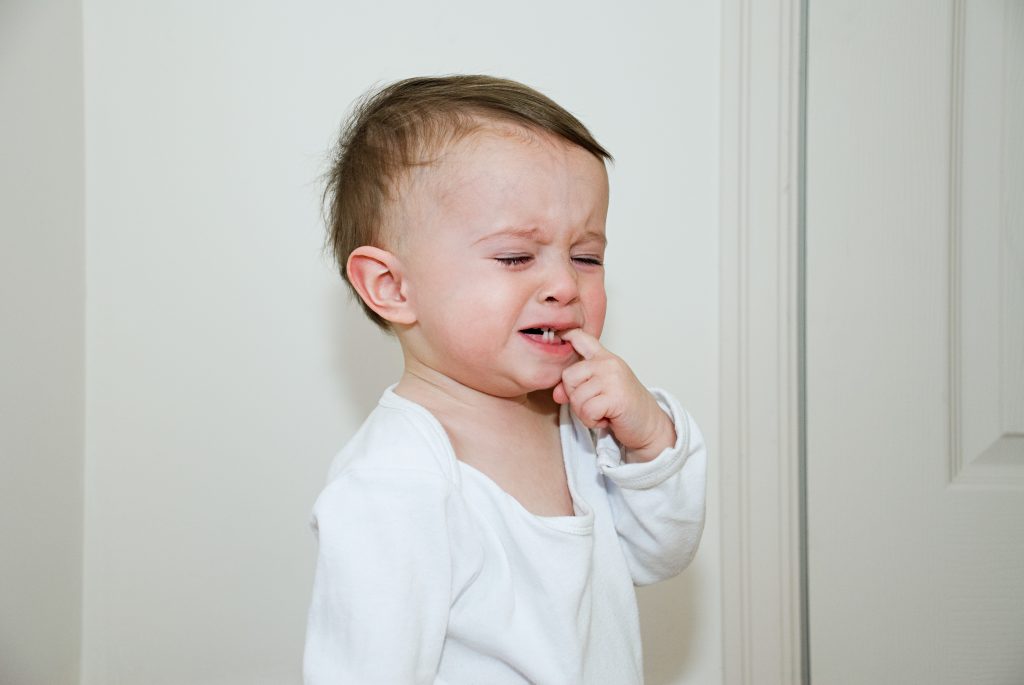
Many babies and many adults are allergic to mosquito bites. This can be dangerous and it can lead to horrible scenarios.
This group of people should be protected from the mosquitos in every situation.
Even if there is no allergy, having a mosquito bite is still annoying.
It’s red, swollen, and itchy. It’s hard even for the adults to stop scratching themselves. The babies can’t help it.
To avoid all these problems, it’s best to prevent mosquito bites in the first place. Here are some ways to do so.
1. Mosquito Repellents
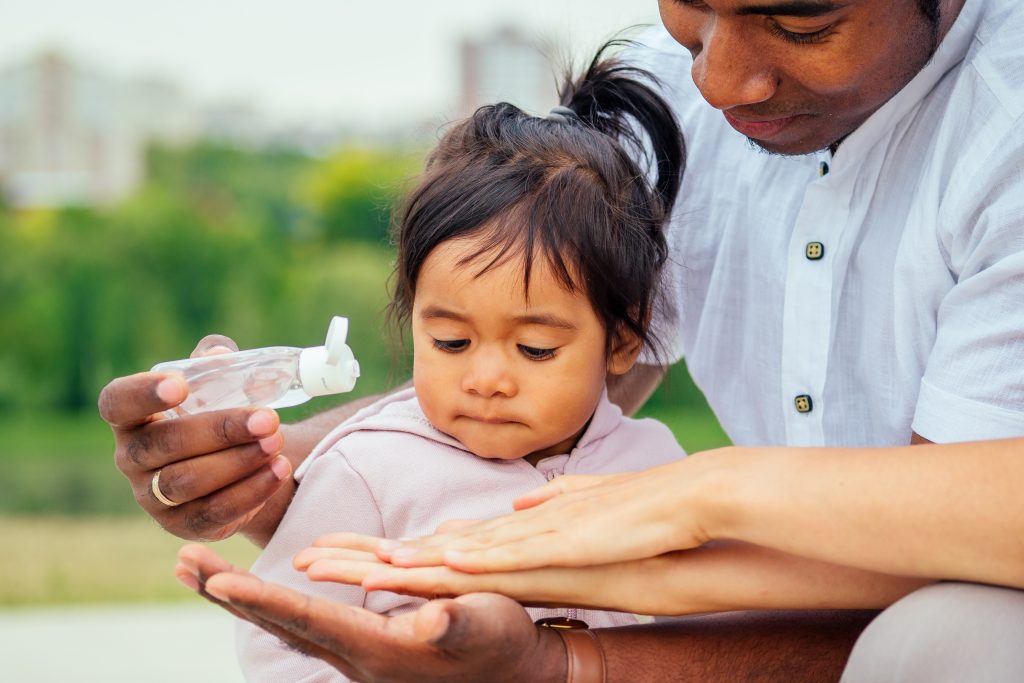
There are many mosquito and insect repellents on the market, and you should choose the best one.
Remember that babies need a special repellent without many strong and potentially harmful ingredients.
My suggestion is to consult with a pediatrician to get the best suggestion.
Even some natural ingredients can be harsh on the baby’s skin, so don’t risk it.
When you get a suitable mosquito repellent, don’t spray it everywhere and all the time.
Less is more, and it’s important to learn how much product you really need in order to protect the baby.
2. Protective Clothing and Protective Nets
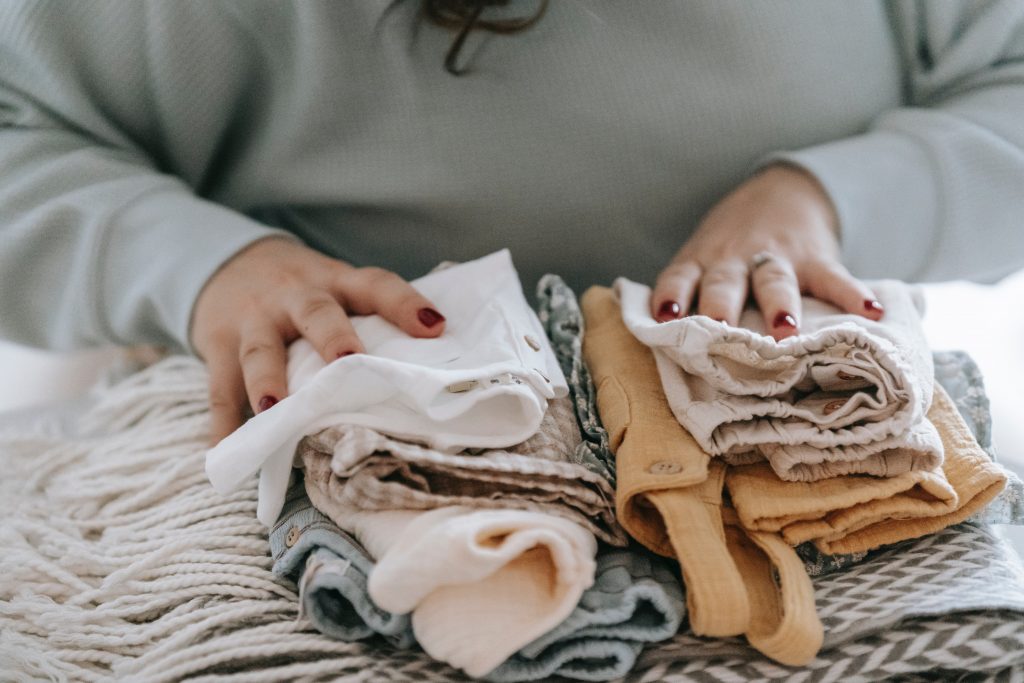
Mosquitos are present during the summer, and we all like to wear light clothing for comfort.
But, it’s important to put some protective clothes on your baby. Make sure to choose thin and breathable materials.
Additionally, there are many protective mosquito nets that can help a lot.
There are different sizes of these nets. You can get one for your baby’s crib or one for the baby’s stroller.
There are even very small nets that are easy to install and you can take them anywhere with you.
3. Hygiene
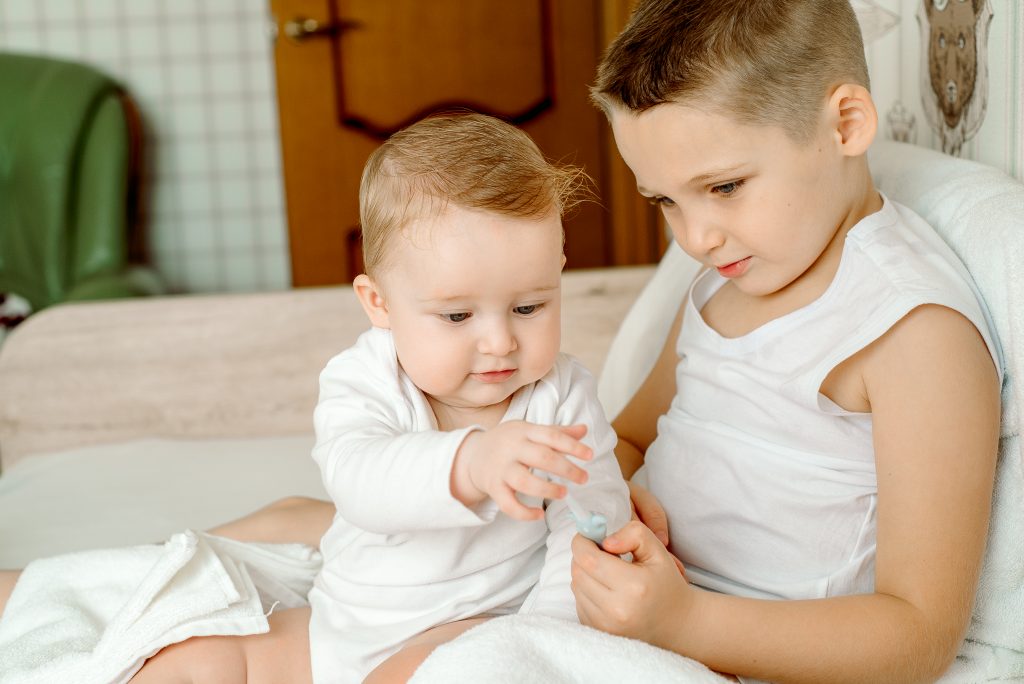
Mosquitos like to visit clean places too, but they like dirty places better.
To avoid mosquito bites, keep your home and surroundings clean. If you have a garden or a balcony, keep it neat and clean too.
Make sure that the air is fresh in the rooms. Your rooms should be clean, dry, and fresh.
Don’t leave any food leftovers to sit on the counters for too long.
Keep your food and drinks in appropriate containers or bags. Fruit is also a magnet for mosquitos, so try to keep it in a bag or a container too.
The fridge or the cupboard are the places where your food should be.
Dirty clothes should be washed as soon as possible. Dirty shoes should have a special place in your home that won’t attract mosquitos.
4. Avoiding Mosquitos
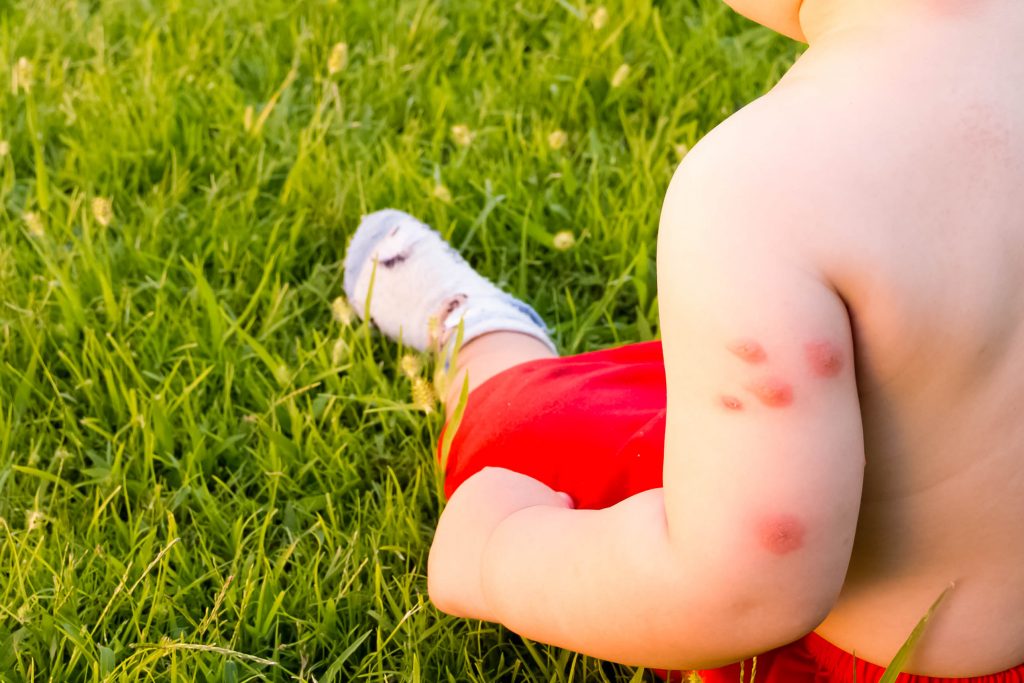
It’s also possible to avoid mosquitos. They’re usually active during the evening and nighttime.
Try to stay inside with your baby during these hours. If you still want to go outside, try to avoid places with tall grass and standing water.
Mosquitos breed in standing water, and they like to hide in tall grass.
5. Use Fans and Screens For Windows and Doors
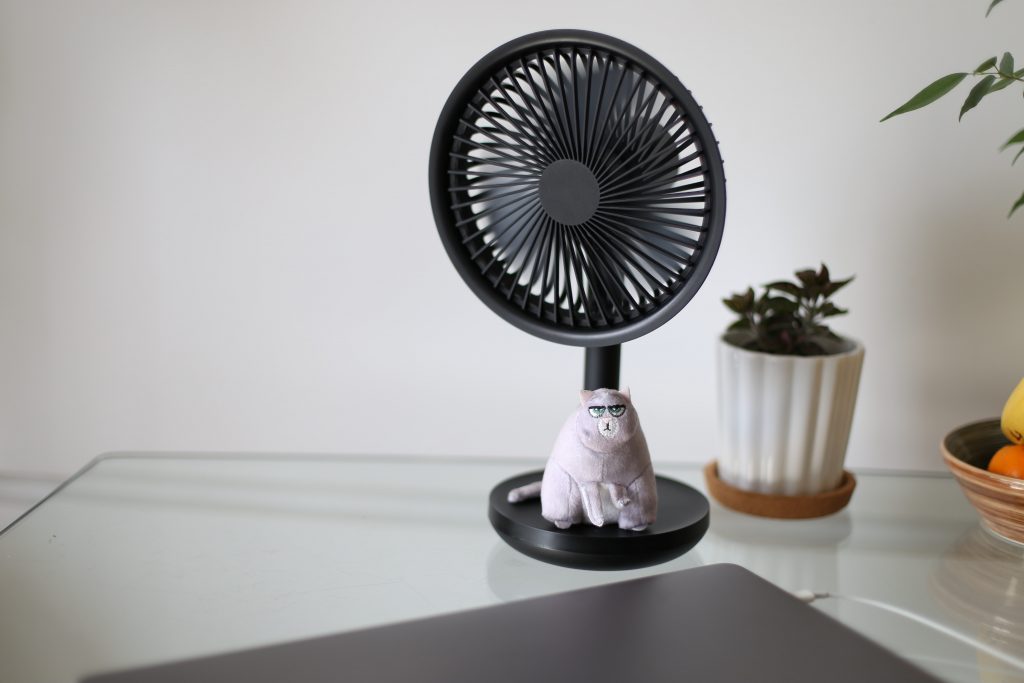
Mosquitos are weak fliers, and using fans or air-conditioning will chase them away.
Screens for your door or windows will help you to open and close them without worrying that mosquitos will get inside.
How To Treat Mosquito Bites?
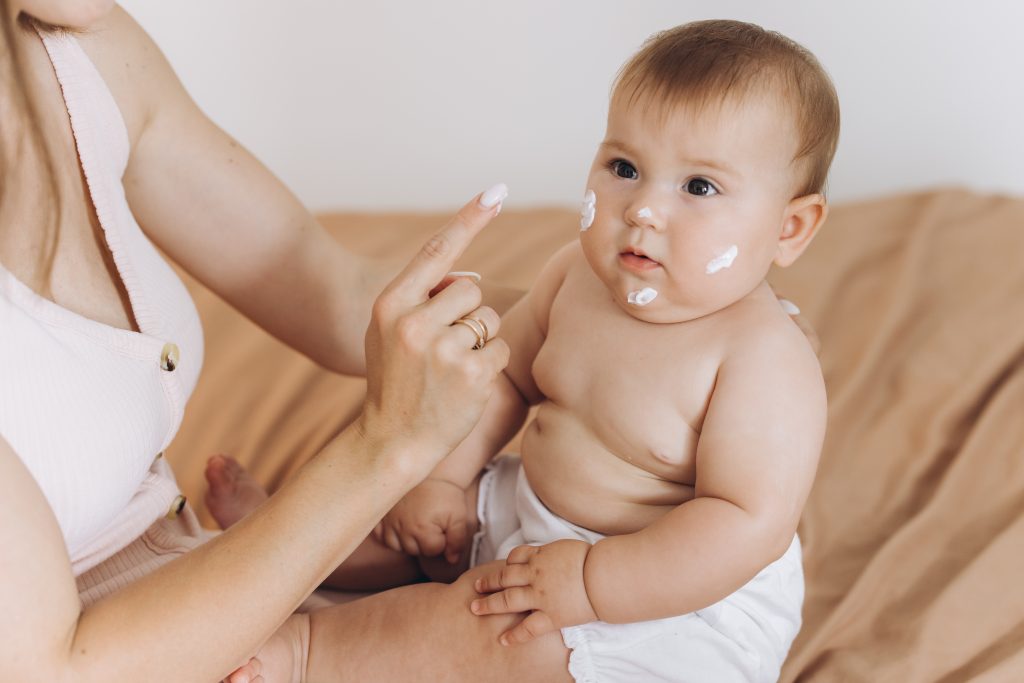
It’s possible to avoid mosquito bites most of the time, but they will still happen sometimes.
If you want to help your baby after a mosquito bite, here are some tips and tricks for that.
Remember, before you apply any of these things, you should clean the area with some soap and water and then treat it.
1. Cold Compress
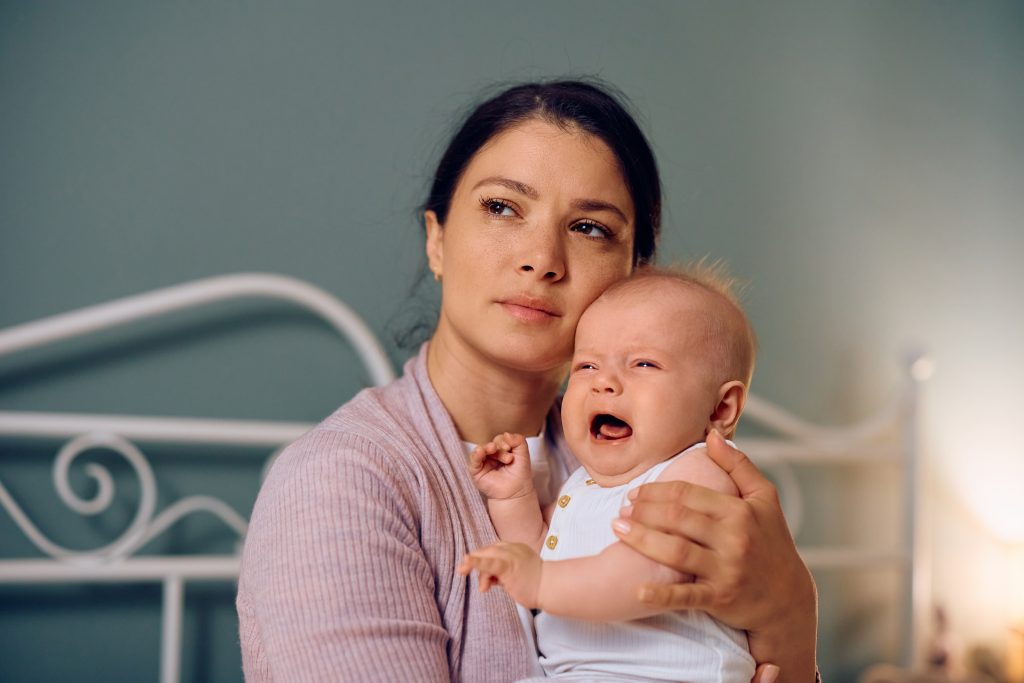
First aid when a mosquito bites your baby is to apply an ice cube or a very cold compress.
This will reduce the pain, the swelling, and the itchiness. Just be careful not to hold anything cold for too long because the cold could damage the baby’s skin.
2. Suitable Cream Or Lotion

Hydrocortisone cream, calamine lotion, or antihistamine cream are the most effective things that can help with mosquito bites.
Consult with a doctor or a pharmacist before you buy some of these creams. They must be suitable for babies.
It’s also important to know how long you can use these creams since long-term usage is not recommended.
3. Natural Remedies
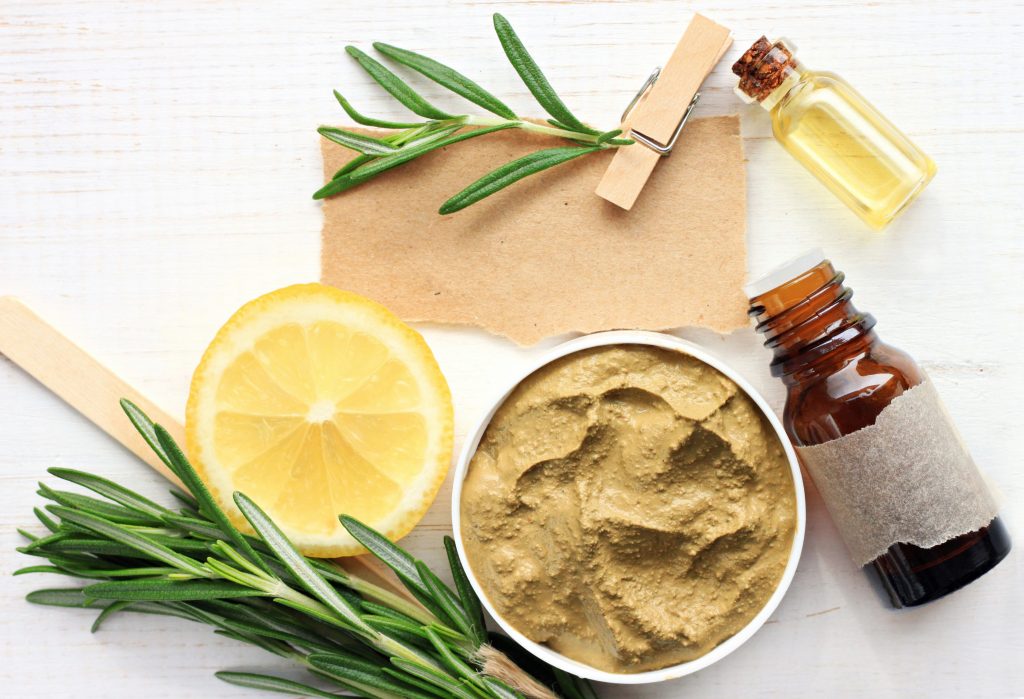
If you don’t want to use over-the-counter creams, you can always use something natural to treat a mosquito bite.
Aloe Vera gel is great for damaged skin and irritations. Baking soda is also good for reducing itchiness.
Make a paste with water and baking soda and apply it to the baby’s skin. Pay attention to the baby’s skin, because baking soda can be a bit harsh.
Honey is also a great remedy, but only 1-year-old babies and older. Younger babies should avoid honey because of potential allergic reactions.
Oatmeal bath is also soothing for the skin, and you can always use cold cucumber slices to heal the bite.
Lemon juice, garlic, and apple cider vinegar are also common natural remedies for a mosquito bite, but these are suitable for older babies only, since they can be quite irritating.
4. Covering The Area
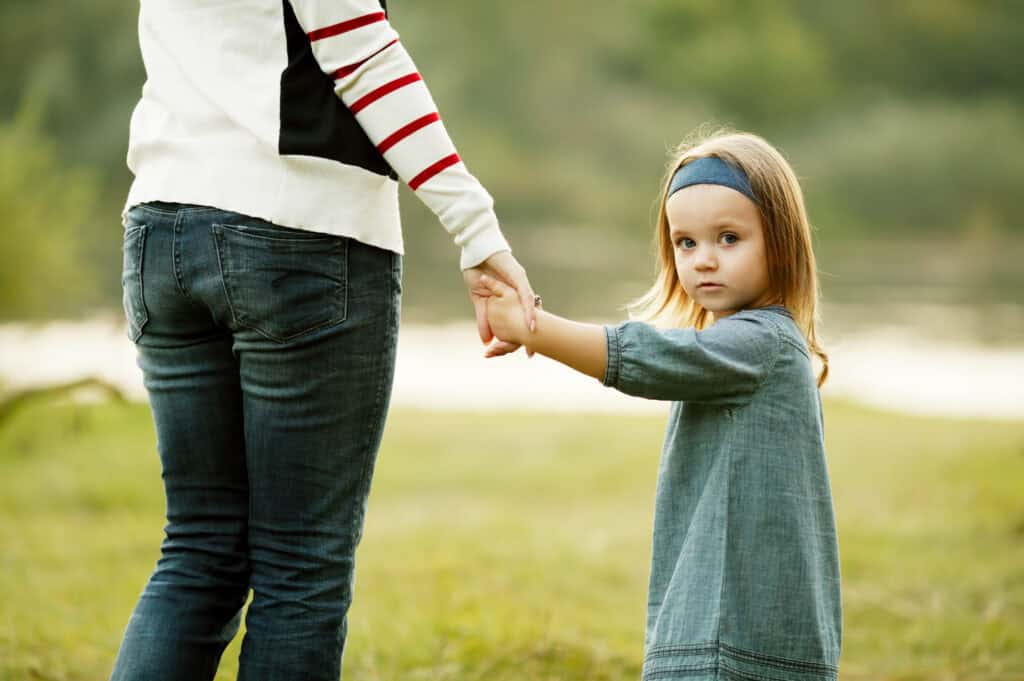
If you want to avoid additional irritation and possible scratching, cover the area of the bite with something.
You can use a bandage or a cotton cloth. You can choose suitable clothes to do this too.
It’s also wise to trim the baby’s nails or use baby mittens to stop the baby from touching the affected area.
5. Medications

If your baby is allergic to mosquito bites, it’s essential to use medications suitable for this condition.
A doctor can prescribe you an antihistamine tablet or a spray to help the child.
You have to be cautious with the dosage, and you have to give it on time. Otherwise, your baby will need medical assistance.
How To Know If The Baby Is Allergic To Mosquito Bites?
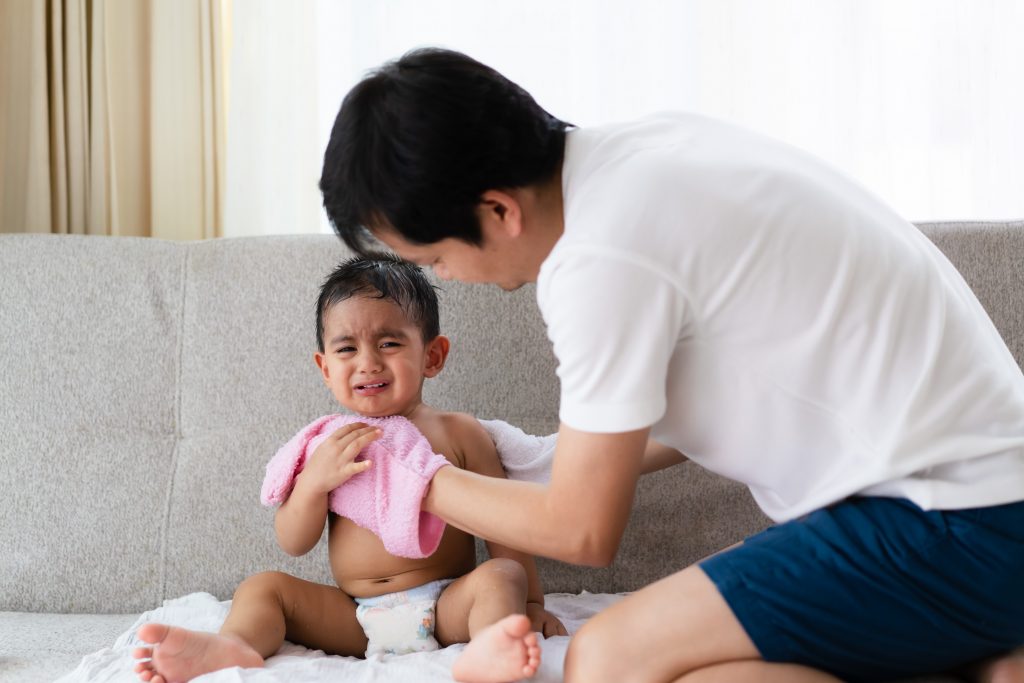
Mosquito bites always look bad on a baby’s skin. The baby’s skin is light, soft, and sensitive.
There are a few important things to notice if you’re worried about an allergy.
- excessive swelling, warmth, and redness of the affected area
- rash, hives, or blisters
- secretion, puss, or mucus
- fever, nausea, vomiting, and breathing problems
Allergic reactions can lead to shock, and all that can lead to fatal outcomes, so take this seriously. When you notice any of these signs take your baby to the emergency room.
In Conclusion

If your baby isn’t allergic to mosquito bites, don’t worry about it too much. Try to protect the baby, but when a mosquito bite occurs, don’t panic.
It’s not comfortable for the baby to have an itchy mosquito bite, so try to do something to relieve the symptoms.
Mosquitos can be dangerous not just because of possible allergies, but also because they can carry viruses and bacteria.
A mosquito bite can infect people with many viruses and diseases, and that’s why we have to protect ourselves and our children.
Hi all, I am Sidney, an accountant, a hobbyist photographer, and a mother to two sweet girls who are my motivation. I love sharing the tips and tricks I gained all these years I’ve been a mother. I hope it will help you!

